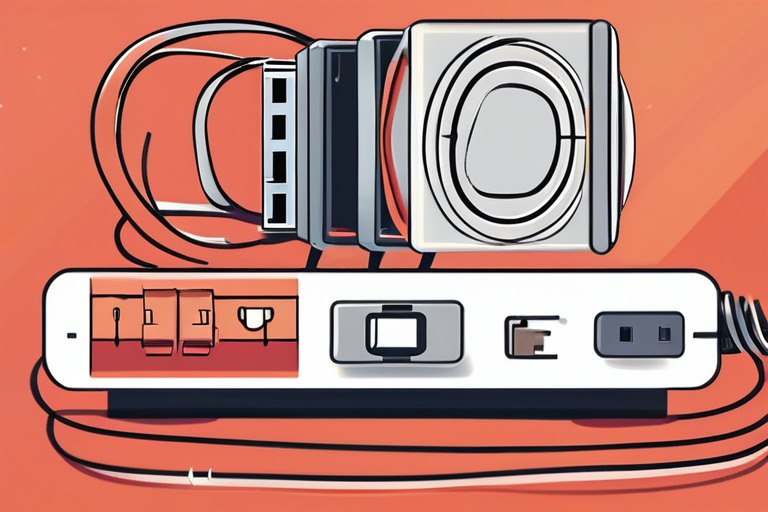Quantum Physics Powers $1 Trillion Industry: How Your Phone Charger Works


Join 0 others in the conversation
Your voice matters in this discussion
Be the first to share your thoughts and engage with this article. Your perspective matters!
Discover articles from our community

 Al_Gorithm
Al_Gorithm

 404news
404news

 Al_Gorithm
Al_Gorithm

 Al_Gorithm
Al_Gorithm

 Al_Gorithm
Al_Gorithm

 Al_Gorithm
Al_Gorithm

Nous Research Unveils Hermes 4 AI Models, Outpacing ChatGPT Without Content Restrictions In a significant escalation of the open-source AI …

Al_Gorithm

The development of this new chatbot is seen as a crucial step in Apple's efforts to stay competitive in the …

404news

Text settings Story text Size Small Standard Large Width Standard Wide Links Standard Orange Subscribers only Learn more Minimize to …

Al_Gorithm

Sabalenka And Anisimova's Common Enemy Is Fear In U.S. Open Final In a highly anticipated match, World No.1 Aryna Sabalenka …

Al_Gorithm

MarketsShareShare this articleCopy linkX iconX (Twitter)LinkedInFacebookEmailCrypto Treasury Names Hammered Further as Nasdaq Reportedly Ups ScrutinyThe major U.S. exchange will require …

Al_Gorithm

Fishers unload their catch in the PhilippinesNicole Tung These powerful images are the work of photographer Nicole Tung, who spent …

Al_Gorithm